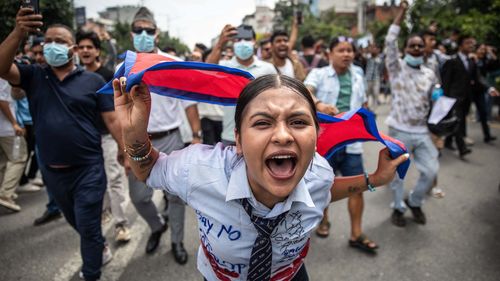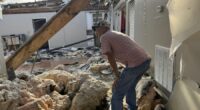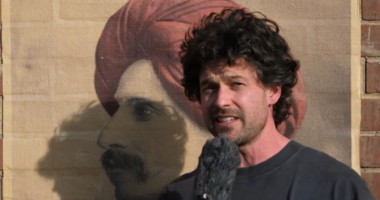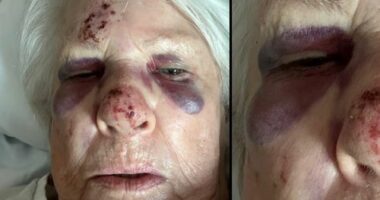Share this @internewscast.com
Nepal’s prime minister has stepped down following the deaths of over a dozen individuals and injuries to hundreds more during protests led by the youth. The unrest was triggered by the government’s decision to ban social media platforms, coupled with rampant corruption and limited economic prospects.
Security forces unleashed live ammunition, water cannons, and tear gas over protests in several cities, according to news agency Reuters.
At least 22 people have been killed, Dr. Mohan Regmi, the executive director at Civil Service Hospital in Kathmandu, told CNN on Tuesday.

With no political party holding a clear majority at present, it seems likely that lawmakers will establish an interim government. Discussions may even include participation from some Gen Z groups on who could temporarily assume leadership, as suggested by Mishra, an assistant professor of public policy at Kathmandu University School of Management.
Prior to resigning, Oli expressed that his administration was “not against the demands put forth by the Gen Z generation” and conveyed his “deep sorrow” over Monday’s events.
He blamed “infiltration by various vested interest groups” for the violence, without elaborating on who the groups were.
On Tuesday, Gagan Thapa, General Secretary of the Nepali Congress and a member of parliament, expressed his horror at “the unnecessary killing of innocent youth unfolding before us” and urged Oli to “accept responsibility for this repression and resign at once.”
Thapa further emphasized: “The Nepali Congress must not, and will not, stand by as a witness or collaborator in this tragedy for another day. The Nepali Congress must pull out from the government immediately. I will advocate for this decision at the party meeting.”
Nepal’s leading newspaper had similarly called for Oli’s resignation on Tuesday, with its editorial board asserting he “cannot remain in the Prime Minister’s position for another moment” following the previous day’s violence.











